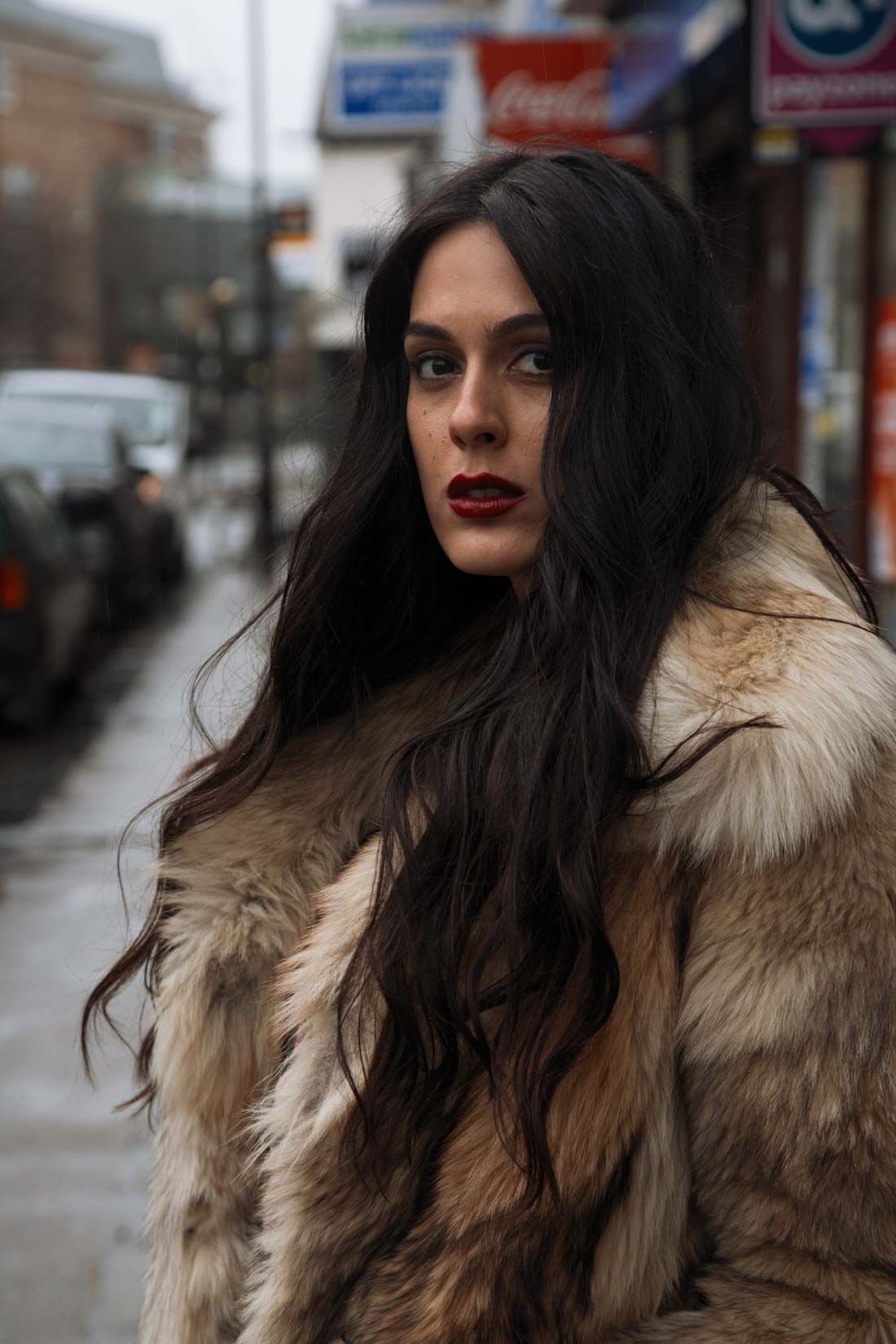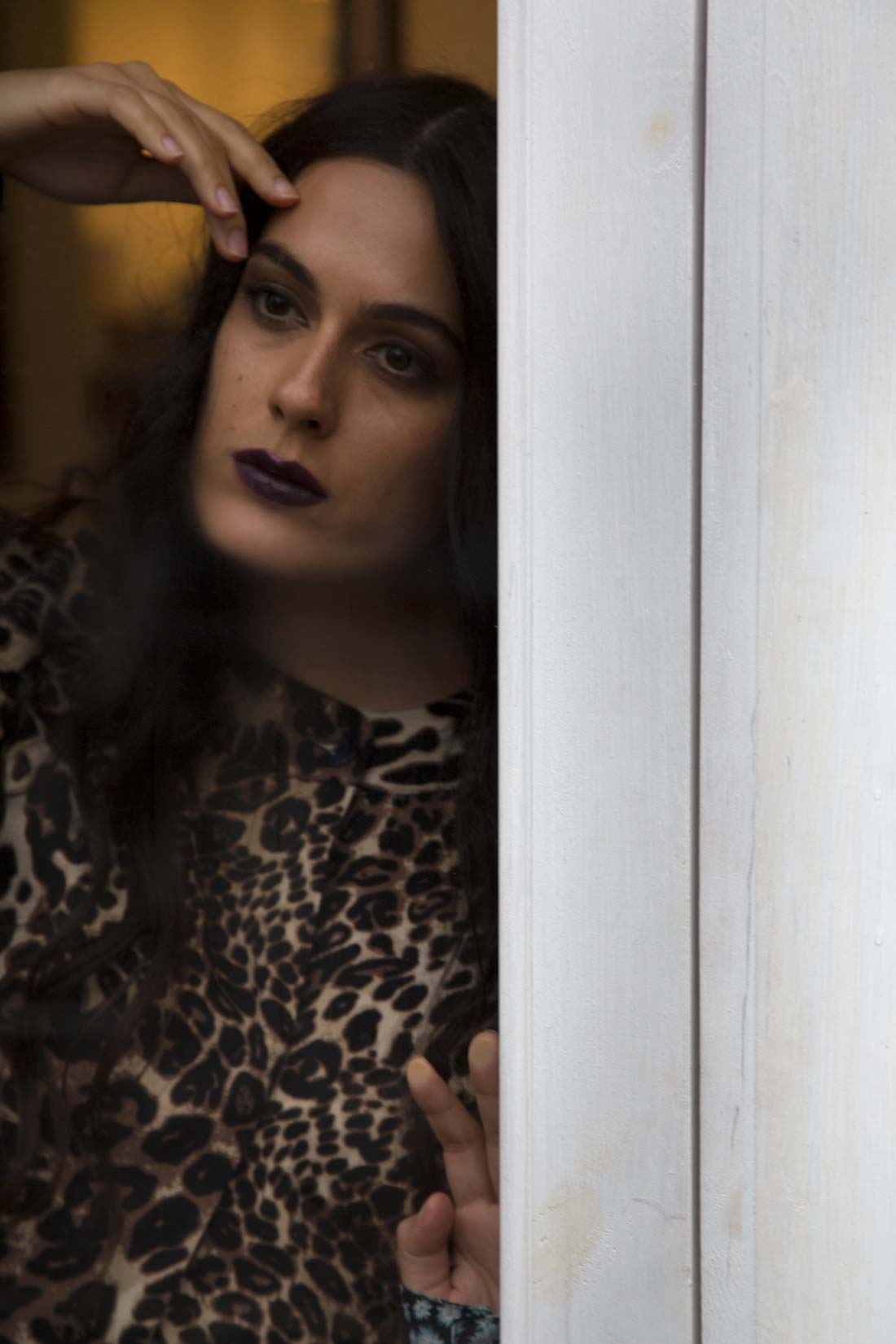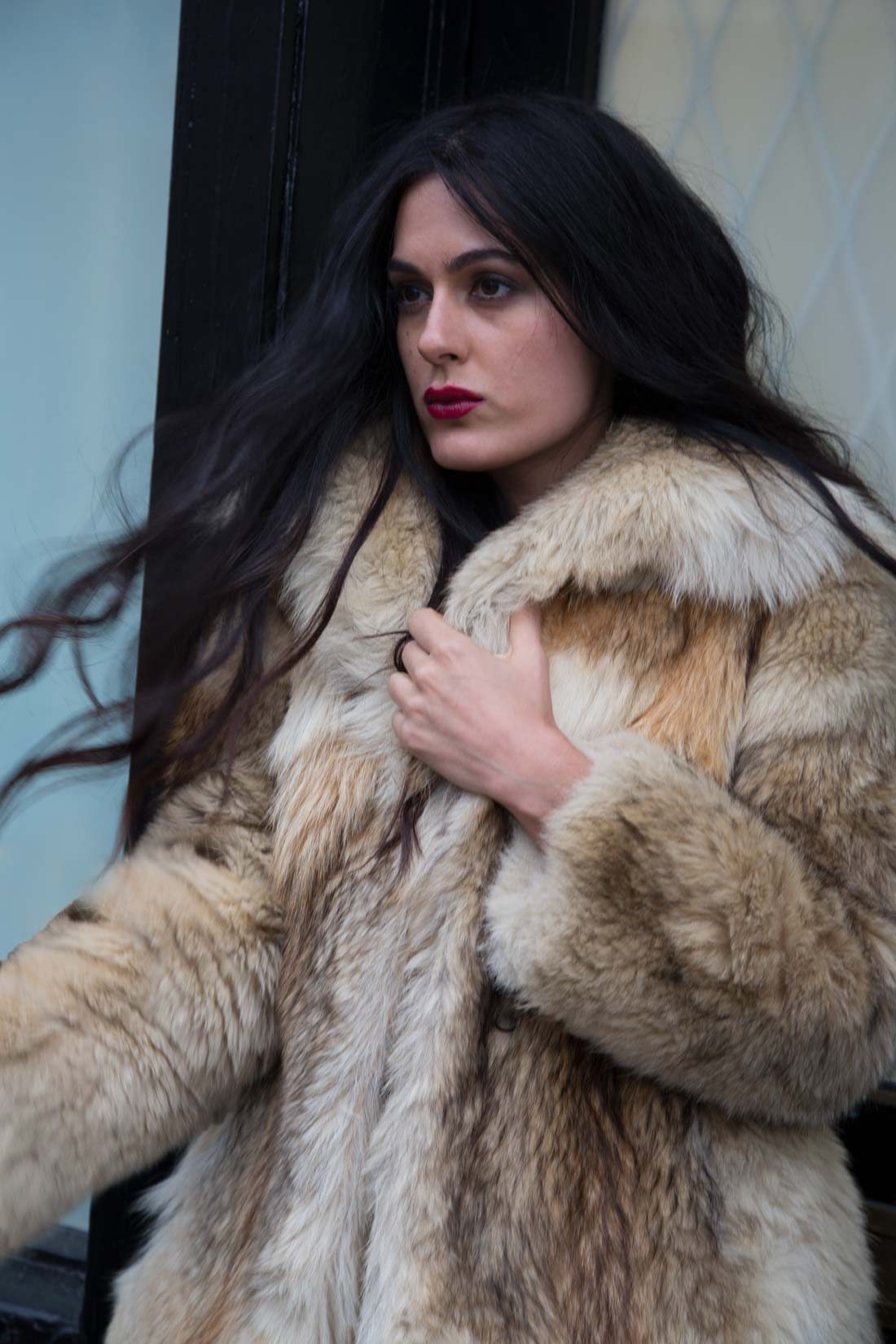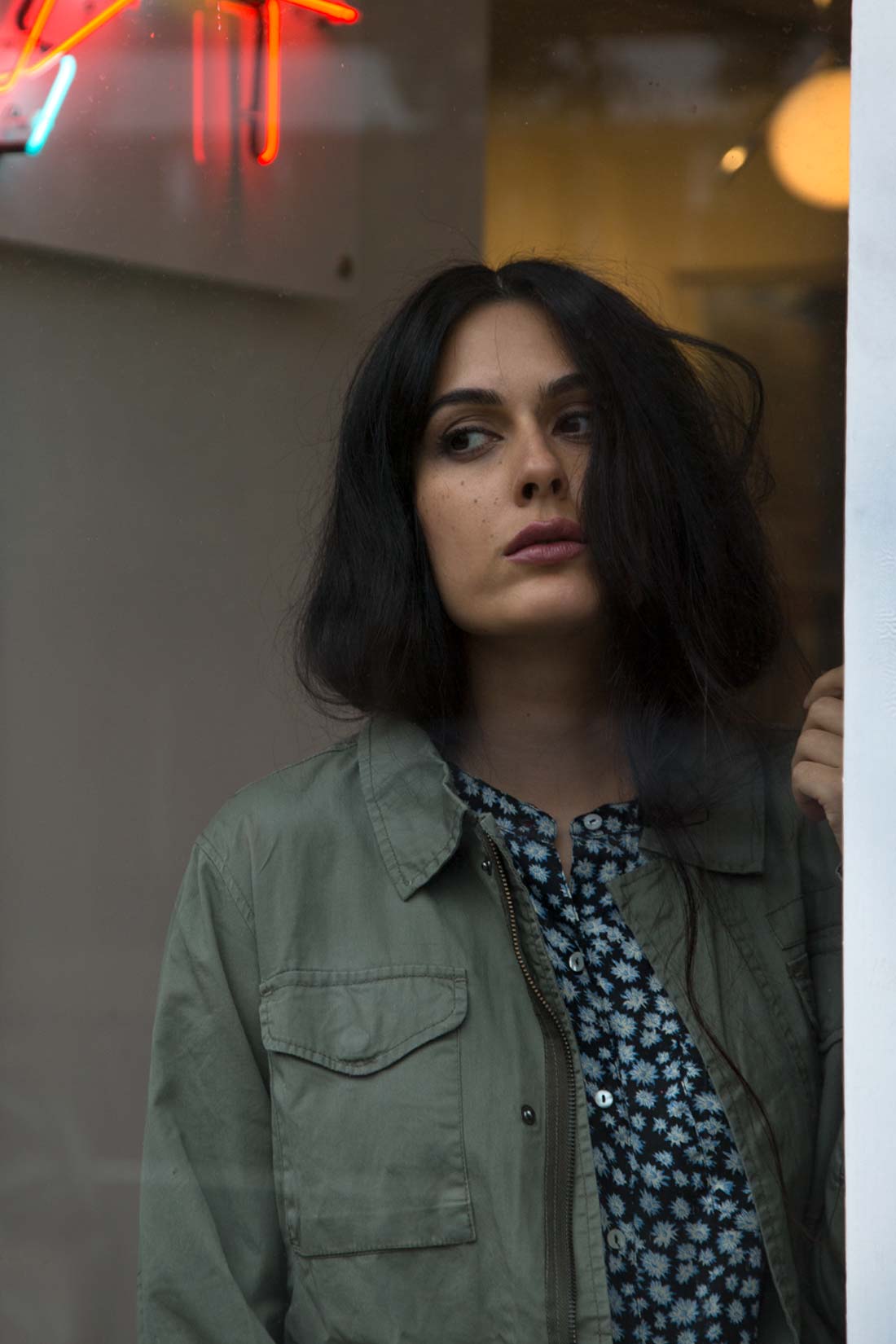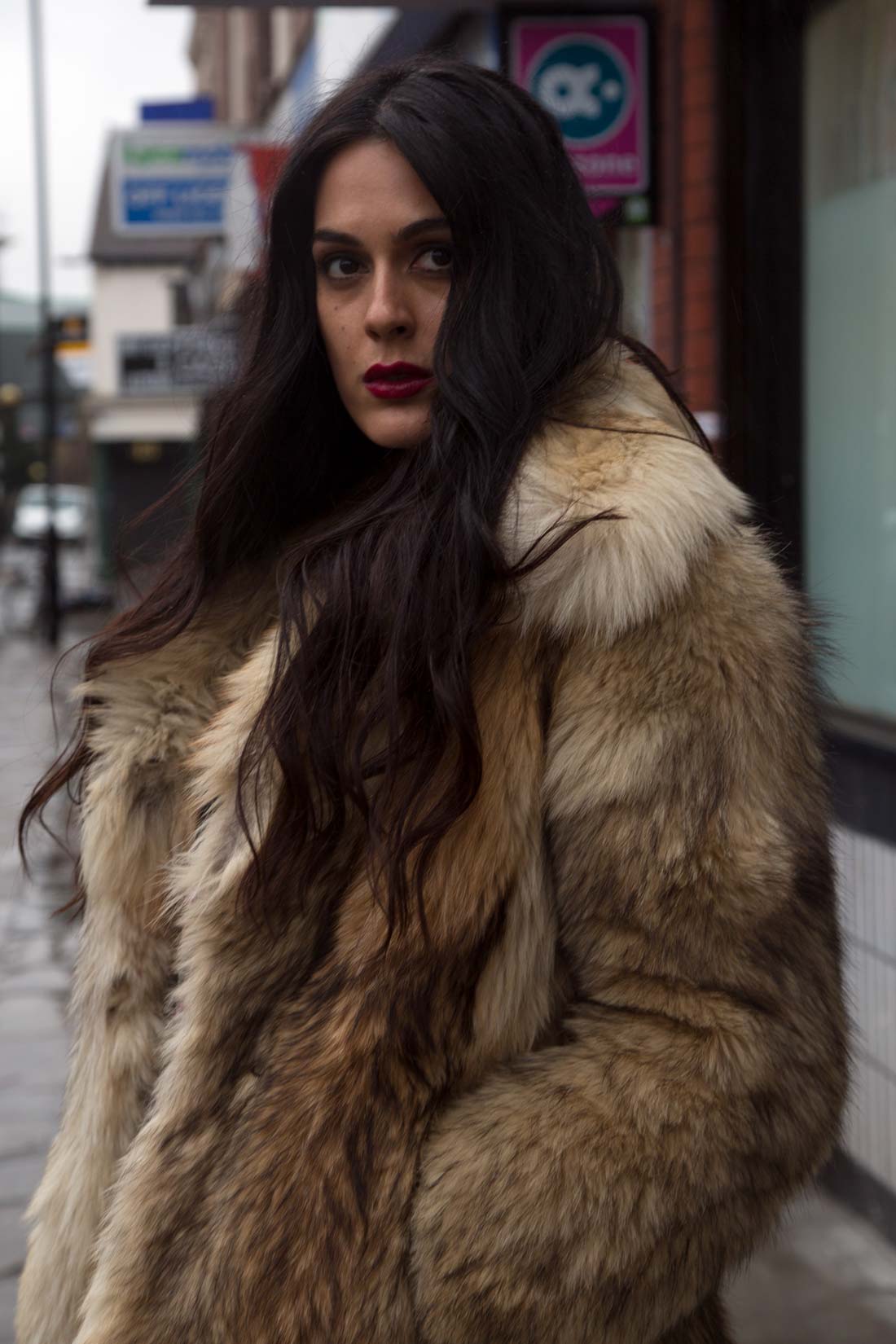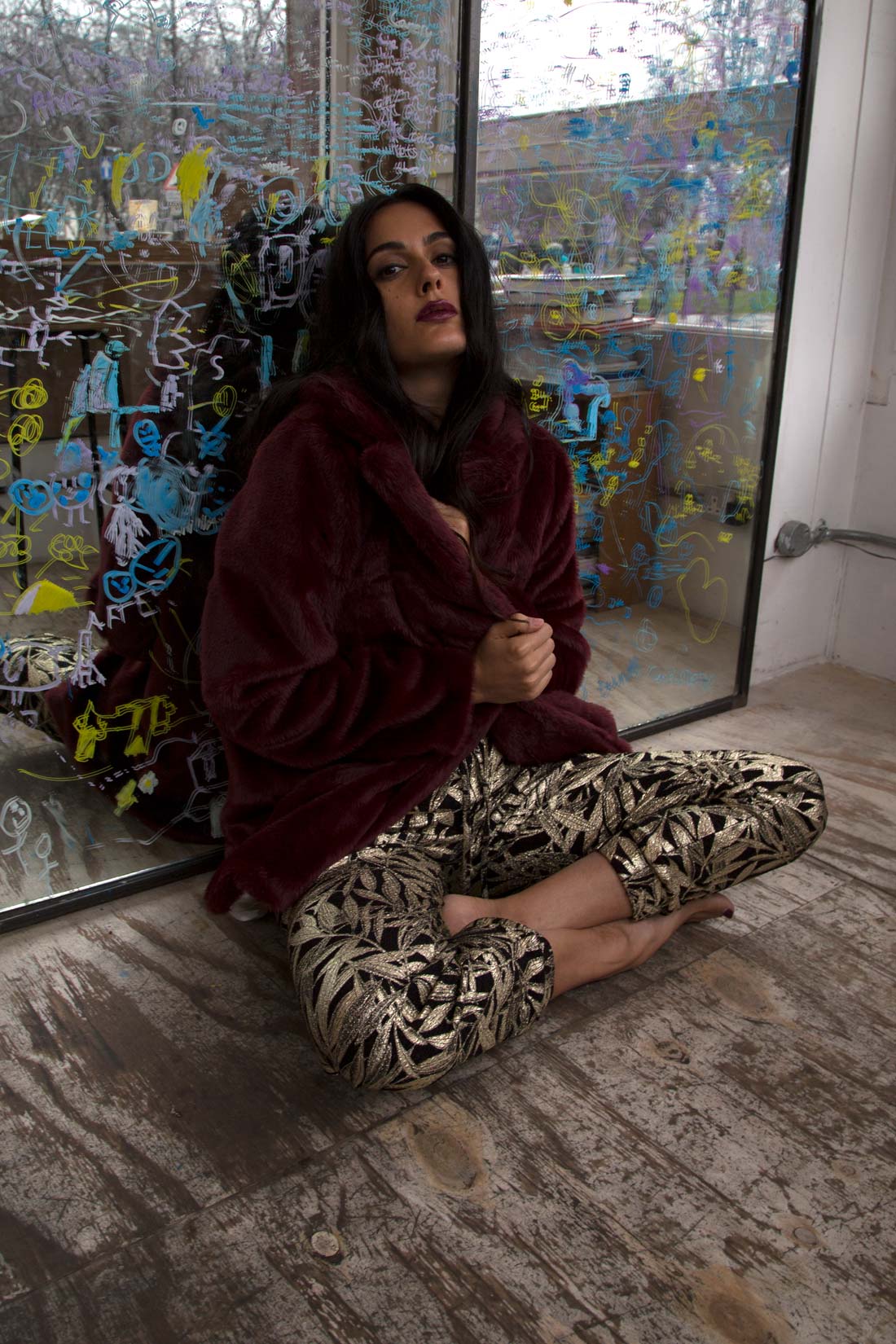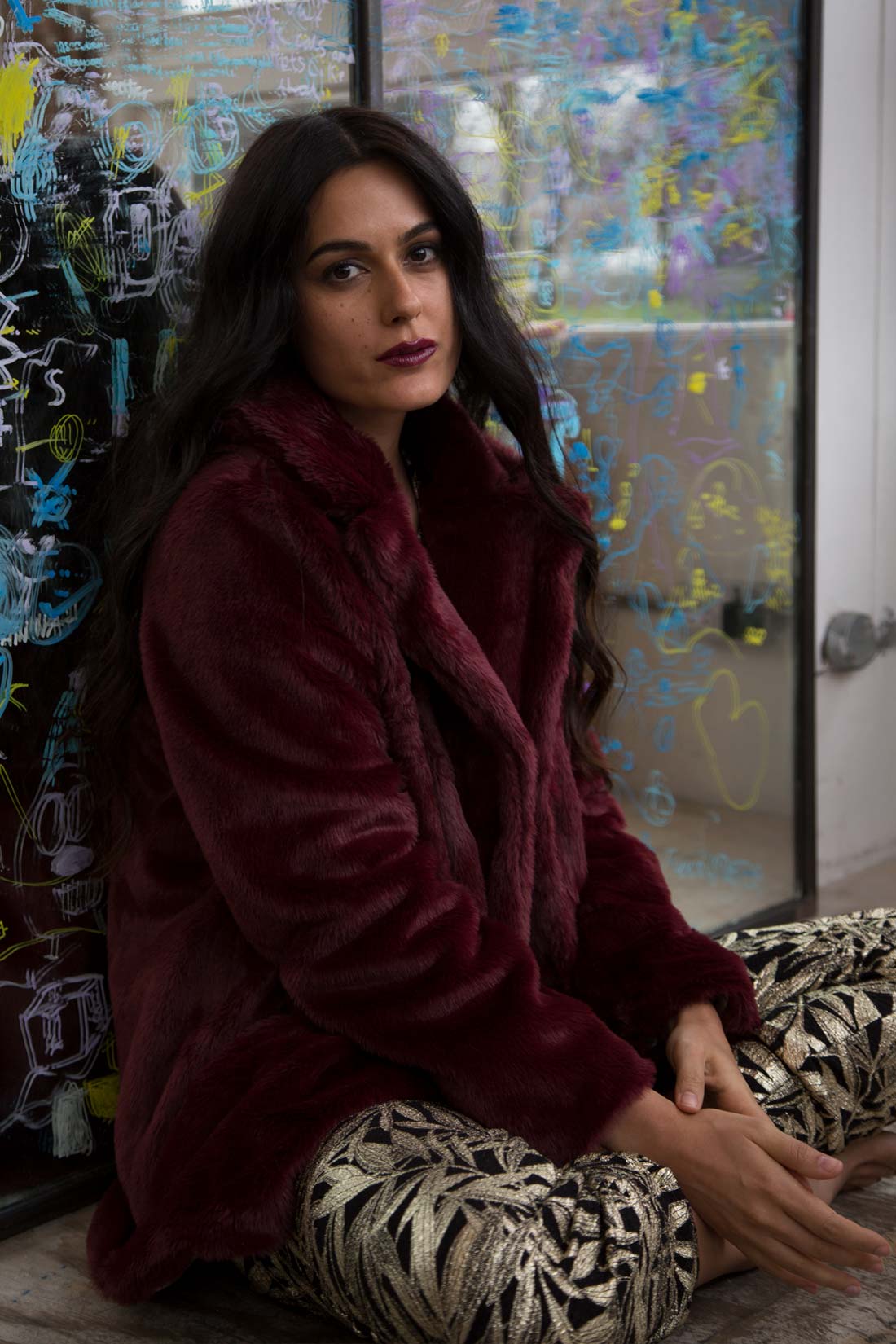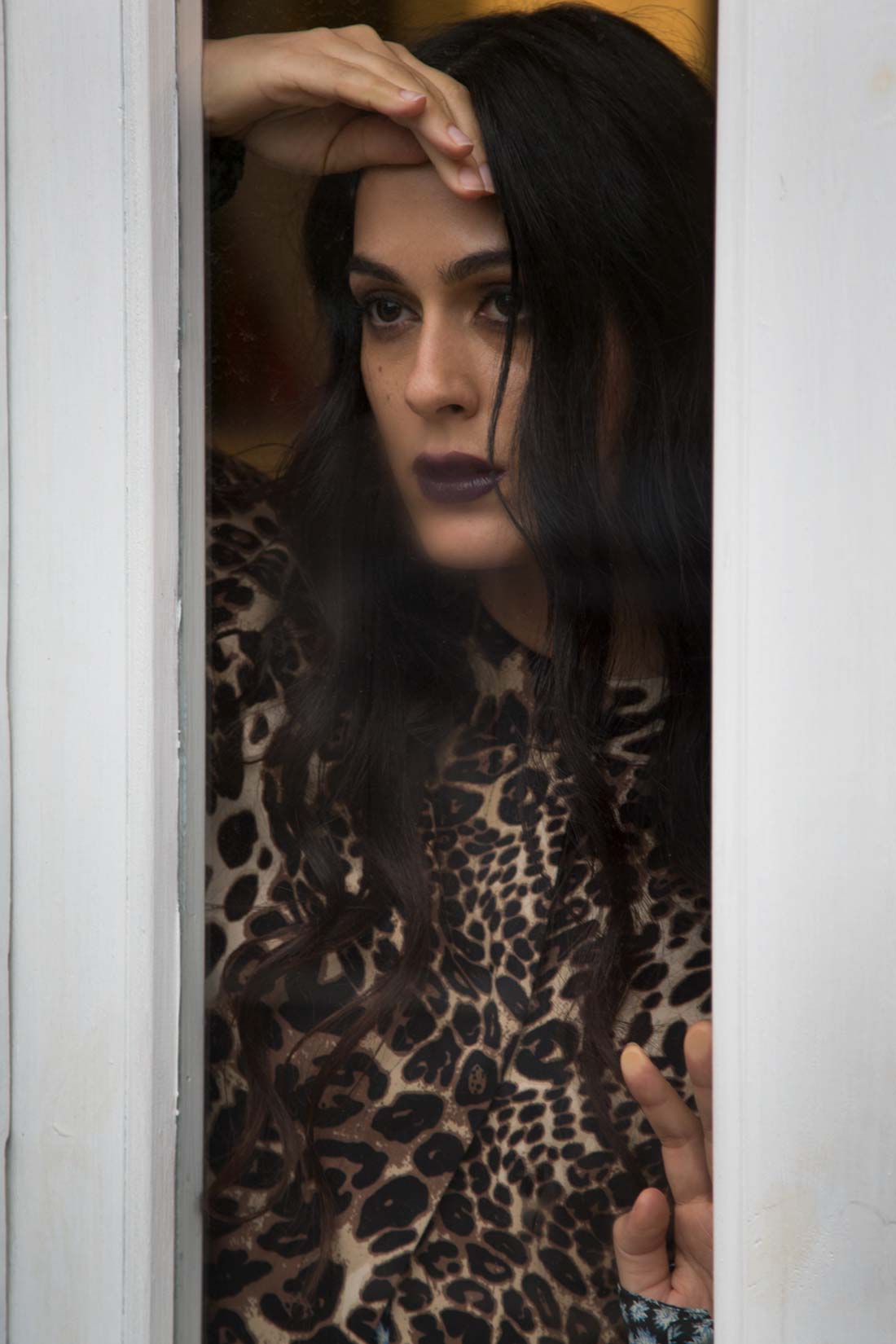You have made an excellent representation of women and of diversity in your career, how did you begin this journey?
Thank you so much! That means a lot to me. The thing is, at the beginning of my career and even now to a certain point, I was never conscious of making sure that I represented ‘diversity’ or ‘women’ in what I was doing. I just went for what I knew I loved to do and tried to make a career out of it. If I am seen as representing diversity and women then that makes me happy, as I think it’s important for the audience, especially the younger generation to look at the screen and see a realistic reflection of society and all kinds of people that they can relate to. I started out by modeling in Asian Fashion magazines whilst at university and after that, I began working as a commercial dancer/model in London. I also had stints in various girl bands whilst supporting myself with a part-time job as a waitress. I was essentially trying my hand at all these things to find what I was most passionate about and what I wanted to be. I suppose even back then, I could have been seen as representing ‘diversity’ as there weren’t many other girls of Asian background in the industry and the only other half Indian and half English person I knew was my brother. Luckily he is an awful dancer (actually that’s not even true) but he wasn’t interested dancing or acting and went down the music route. My ethnic background was never a big deal though and I hardly ever felt different, which I know is fortunate. Through working as a commercial dancer I ended up in Mumbai and signed up with an agency there called Matrix. I think I represented diversity in another way there, as I was seen as the girl from London with pale skin and apparently a very strong UK accent. I stayed in India for five and a half years and whilst I was there, I got to know myself and through modeling, I became more and more interested in acting. I watched a lot of Bollywood movies and loved actresses like Kangana Ranaut and Madhubala, who for me, were the Indian actresses who represented ‘women’. I was definitely very inspired by the way they portrayed vulnerability, strength, and emotion. I learned Hindi which was very challenging and after working there in the industry, I decided to come back to England where my family is, to pursue a career in acting.
Film is a powerful medium, how do you ensure you do this effectively?
Wow, big question. I am slowly learning that as an actress I’m just a tiny cog in a huge wheel and that for a film to be effective, there are so many elements that have to work together. People say that a good story is a good story but I really think that the effectiveness of a film, is down to all the departments involved. If I am just talking about myself and how I think I’m my most effective, it keeps changing as I learn more with everything I do and I’m sure it will be an ongoing process. In the film experience that I have, which isn’t much yet, I like to immerse myself in the world of the film without lots of outside distractions. I think that when you’re doing a film, it’s much easier to do this than if you’re doing an ongoing TV show where you have to balance doing ‘life stuff’ alongside filming. With a film, it’s a shorter period of time so it’s easier to take time out to get fully involved with the project that you’re doing. I did this when I went to Goa to film Angry Indian Goddesses. I went there for two months and we (the other five actresses and I) devoted almost every second to the creative process. We were living and breathing our characters. I didn’t even have a phone at this time as it didn’t work because we were in the middle of a remote village in the Monsoon season and I really didn’t miss it. Each person, from the catering staff to the cast, felt so passionate about what we were doing. I am so grateful to this day for that experience. When I arrived, the team had set up a retreat style camp for us to stay in and before we even began filming we had to do a lot of meditations and trust exercises with each other in order strip ourselves of any egos or barriers that we came with and to really relate to each other as women. I realize that not every film has the luxury of time to be able to do this but I really do believe that a big reason why this film has had such a strong and positive reaction from the audience, is because we formed a true connection with each other, which is visible in our performances and is still there now when we see each other.
If you were turning your hand to writing a film, what issues would you tackle?
I have many ideas popping in and floating around in the crazy place that is my head. Without going into too much detail, I saw The Boy with the Top Knot recently. It really touched me as it brought to light an issue, which has affected my life very deeply in my own family. It disturbs me so much to hear of the utter guilt, torture, and heartbreak that some people go through when they fall in love with someone who isn’t the right skin colour, or comes from the wrong background according to the culture that they are from. A lot of the stories about interracial marriage that I see and hear about are set in the present time or are from the boy’s point of view, i.e the man breaks the cultural rules and it’s all about him. I would like to tell it from the girl’s point of view, with her being the black sheep and set in the 1970’s when it was unheard of for a girl to follow her heart and what happened when she did.
Growing up, what films and programmes did you enjoy and why?
I was obsessed with Tv shows like Teabag, The Lion, The Witch and The Wardrobe and films like Supergirl and The Craft. I’ve got quite a wacky imagination and I think I’ve always loved escaping into other worlds. I was and still am a big fan of Grease, and Grease 2. I used to watch Michael Jackson’s Moonwalker almost every day before school with my brother when I was about seven. I just love anything with singing and dancing…….throw in a leather jacket or Pink Ladies bomber jacket or everything about the Smooth Criminal video and in my eyes, that was the epitome of cool…I still think this. On the flip side I watched Eastenders all the time and would get so into the storylines that I just couldn’t stop thinking about them and a weekend seemed like an eternity when Phil thought he’d killed Grant in the car garage! I also liked watching horror films like IT. I saw that when I was nine years old. I have no idea how though as my parents definitely wouldn’t have allowed it. I remember loving the fear that it made me feel, but being unable to sleep with the light off for ages afterward.
Is there anything Hollywood could learn from Bollywood?
I watch a lot of films from both industries but to be honest I don’t think I’m in a position to answer this as I haven’t worked in the U.S yet. I can tell you what I think Bollywood could learn from Hollywood though just from what I’ve witnessed. The biggest thing that comes to my mind is the Times Up movement. It makes me so happy that women are uniting (and men too), to stop what has happened in the past from happening now, but unfortunately, I really feel that the Bollywood industry is way behind. If all the actresses in the Hindi Film industry also stood together like this, then we could also shine a light on the huge amount of inappropriate sexual advances and behavior that occurs and make people realize how wrong it is and that it won’t be put up with. It’s so hidden and rife and I think people are still extremely scared to say anything.
What has been your most challenging role?
I find every role I play challenging in a good way. I played a role where I had to learn to speak Punjabi in Goreyan Nu Dafa Karo, which was extremely hard as I could only speak about five words before that. It was even harder when they’d sometimes change it on the shoot day and I’d have to adjust what I’d learned. I’ve had to learn songs in Hindi for other Bollywood films, which again was tough to get to grips with and some poor person would be roped into singing a line so I could sing it back to them over and over again. Playing Neeta in Hollyoaks, especially in my final months, was also challenging. Not only because we were filming for 12 hours a day, going home and learning lines for the next day, but also because the scenes were very intense and dramatic due to the storylines that we were so fortunate to have been given. It stretched me, challenged me and taught me so much and I am so grateful for such an enriching experience.
What is next for Amrit?
I have just shot an episode of Casualty which is due to air in March. I’ve tried to do something quite different to Neeta and I hope that this will come across when it’s shown. I enjoyed the whole process so much and everybody made me feel so welcome and supported, actors and crew. Other than that I am doing a couple of other creative things which I put on the back burner whilst up in Liverpool. Hopefully, I can divulge more on that soon.
Interview by Ian Casey
Photography by Andrea Vecchiato
Make up by Gloria Peñaranda
